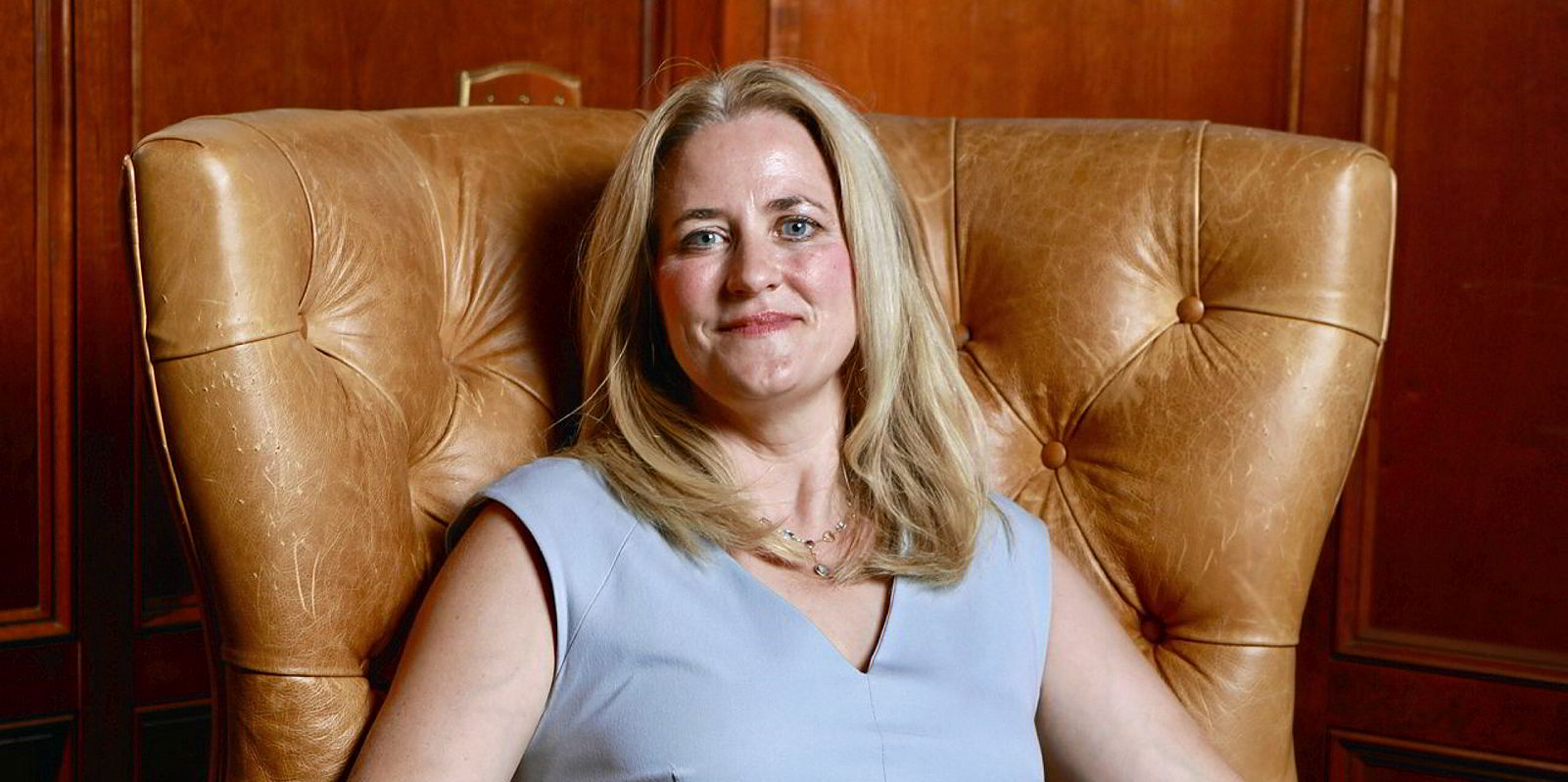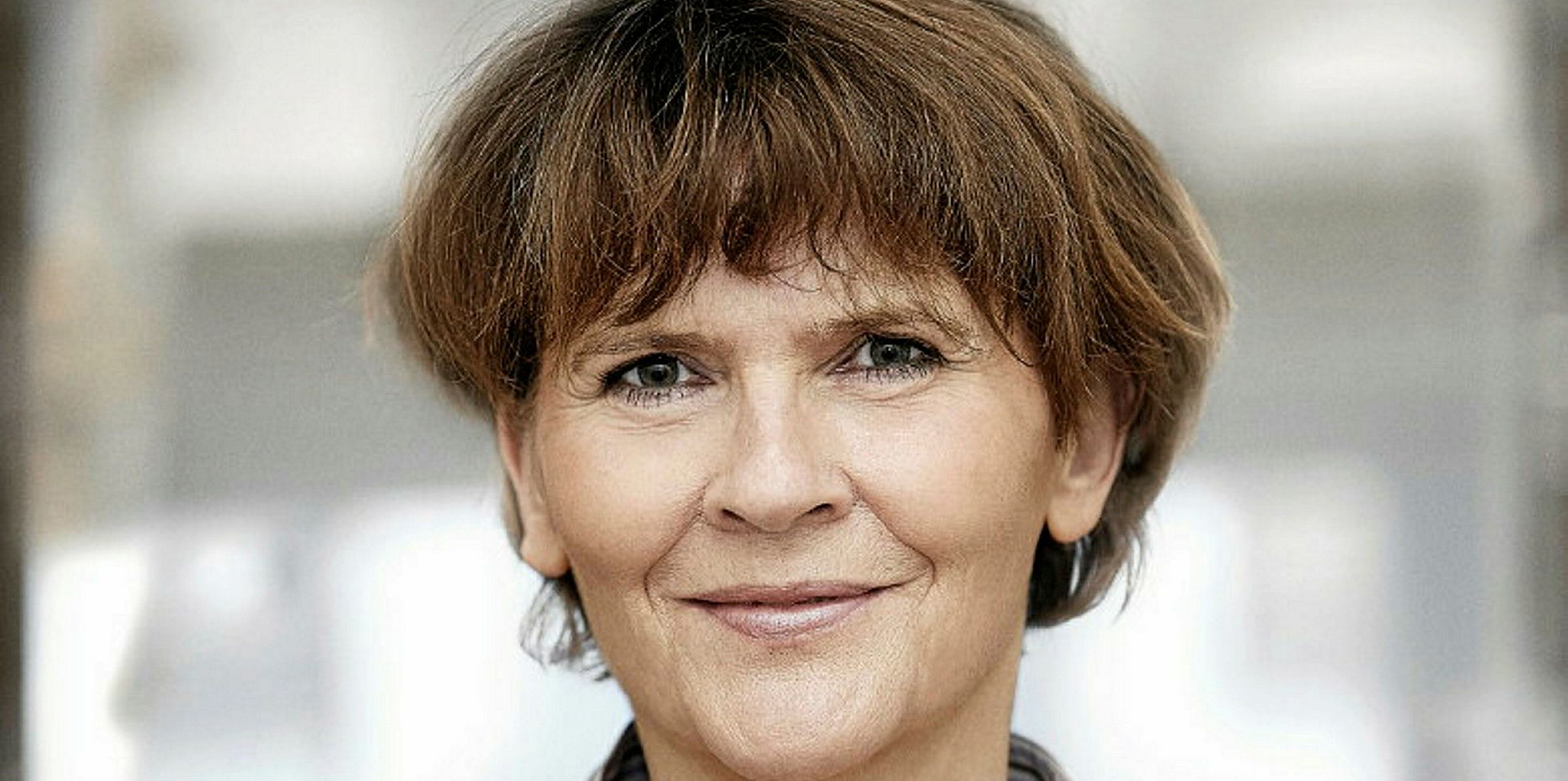Any attempt to increase the small percentage of women working in the marine fuels sector is likely to be stymied by the tiny proportion of job applications received from female candidates.
That is according to research presented during a webinar on women in the bunker business organised by London-headquartered bunker broker LQM Petroleum Services.

Research conducted by recruitment company Advanced Resource Managers (ARM) found that of the 2,000 or so people who work in the UK's bunkering sector, only 26% are female. The picture is much the same worldwide.
"From our research, we found that these figures don't change much internationally," said Jenna Coles, ARM's head of maritime, who presented the research.
But this minority of women becomes even smaller among the higher ranks of bunkering organisations, the research found.
Just over half of women working in the sector are employed at lower levels in administrative, purchasing and graduate roles, Coles said.
One-third of all the women who work in bunkering are competing for mid and senior-level roles, the research found.
Over the past year, ARM's marine and shipping unit has received more than 5,000 job applications, of which less than 10% came from women.
Flexibility needed
"This makes it hard for organisations who are looking to change their demographic," Coles said.
But, she conceded, "We need to have a few more statistics."
The panel also shared views on how gender balance within the bunkering sector could be improved — starting with flexible working.
As Coles highlighted, in the UK 62% of people who work part-time are female, while men account for 24%, because women are still primary caregivers in families.
"That's a barrier in itself, so can the bunkering industry offer any flexibility?" she asked.
"Would they look to change working hours? Would they [look] at more working-from-home arrangements?"
Panellists agreed that much of the sector seems to have coped pretty well with remote working during coronavirus-related lockdowns, making it likely that flexible working arrangements will improve in the future, given the success so far.
But other aspects of the industry could remain more suited to men, given that many women are their family's primary caregiver, according to Coles.
"Due to the nature of the bunkering industry, with often short-notice travel, that's not something many women can achieve," she said.
"If you were to say, 'OK, I need you to go to Geneva tomorrow', unfortunately, it's much more likely that a male counterpart could make that travel."
Female-friendly language
Meanwhile, more women can be brought into bunkering by changing the way jobs are advertised.
Job adverts written by men have innately "male" language that may not attract a female audience, Coles said.
Software called Textio can be used to make the language in job ads more female-friendly and increase the number of women candidates, she said.
Diversity and anti-discrimination requirements could shift legislation in the future so that job applications must be "blind", Coles said.
"You may not see a candidate's name or a candidate's gender and you would instruct us based on the CV whether you would like to interview that candidate or not."
This, she said, would remove any homophily — or in-group bias — that would be another barrier for a particular set of candidates.
Most hiring managers in bunkering are male, Coles explained, and have a natural tendency to hire candidates that "look" like them.
"Conscious and unconscious bias training is a must for all businesses going forward," she said.
'Representation matters'
Panellists also agreed that there is much to be said for promoting careers in bunkering in general.
LQM Petroleum chief executive Daniel Rose, who chaired the webinar, pointed to the fact that all of the female panellists had shared positive experiences of working in the sector.
"Maybe from here it's just a case of communicating to our audience and potential recruits that this is a good place to be and this is a place where you can have a career," he said.
Rose also pointed to the fact that more could be done to promote careers in shipping to young people, but conceded that a future in bunker broking might be "a bit too niche" to present in schools.








